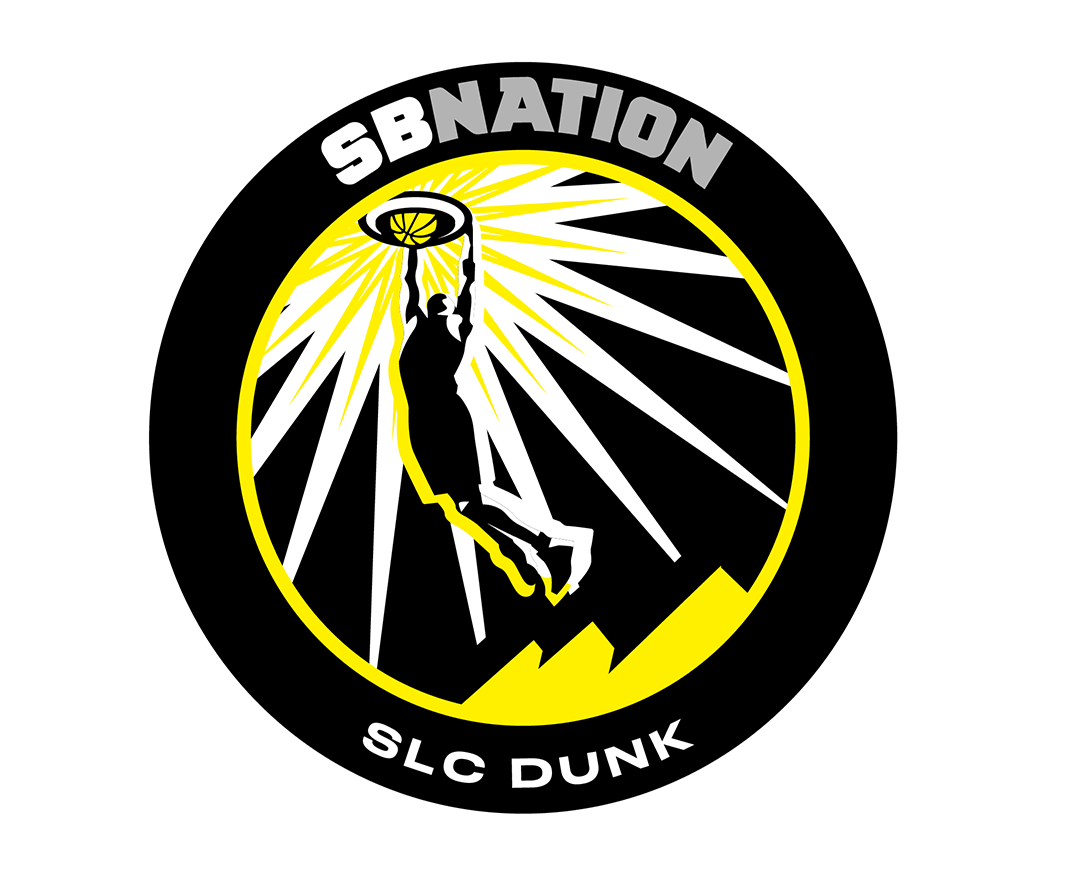/cdn.vox-cdn.com/uploads/chorus_image/image/70137970/1236428158.0.jpg)
On paper, Donovan looks pretty much the same this season. Which is hardly a slight. He is top fifteen in the league in total points scored, putting up 26 per contest, and is the best offensive player on one of the best offenses in the league thus far.
And what’s both impressive and concerning is that he’s doing it without a key scoring component: Free throw shooting.
Free throw attempts are down league-wide pretty significantly over the last two seasons. It’s made games shorter and easier to watch. I expect the League will address the newest scourge of the game, the take foul, this offseason. So, it’s safe to assume this trend of fewer free throw attempts per game will continue.
For perimeter players like Donovan, scoring-guards who rely on explosiveness and crafty ball-handling, limiting the amount of free throw attempts per game slices into a pretty significant chunk of their scoring opportunities. And, more importantly, it limits their most efficient scoring opportunity. At this point last season, through his first 11 games played, Donovan took 68 free throw attempts.
This year, he’s taken 40. And that’s a tick above league average.
:no_upscale()/cdn.vox-cdn.com/uploads/chorus_asset/file/23009416/20_21_shooting_foul__.png)
:no_upscale()/cdn.vox-cdn.com/uploads/chorus_asset/file/23009438/shooting_fouled___21_22.png)
The three-point revolution overshadowed the next turn in basketball efficiency gamesmanship, which was free-throw shooting. James Harden championed both with his step-back three, and his ability to draw fouls (particularly on three-point attempts).
The league caught up, and is more closely policing these tactics. The same way that Harden’s exploitation of game officiating led to an inorganic spike in his scoring efficiency, the league’s heavy crackdown on those same tactics is leading to an inorganic plateau in Donovan’s.
Obviously, for Don, that’s not great news for two reasons:
- He is already one of the highest usage rate players in the league. Free throw attempts used to be food left on the table—a part of his game yet to be developed that would eventually turn into a more efficient scoring volume. Now those are gone, and if he is going to take another step in scoring efficiency, he’ll have to do it by more traditional means.
Which leads me to my next concern.
2. Donovan is already one of the league’s best traditional scorers. And even though it’s early, he already looks tired. A more physical game, with fewer opportunities to earn easy points at the free throw line, is going to compound against a 6’3” combo guard who makes his living skittering around defenders, powering through them, and rising above them.
Also, a weird note: Don is exceptionally good at drawing non-shooting fouls. In the 97th and 99th percentiles over the last two seasons, respectively, according to Cleaning The Glass. Maybe he can start converting some of those into shooting fouls?
Donovan spoke about the collective fatigue that players were experiencing last summer. The last two seasons have been a slog, and even though he took the summer off from participating in the Olympics, when you total the regular and postseason minutes that Donovan has played over the last two years, it’s remarkable that he is performing at this level.
But the league’s new tolerance for physical play is getting to him, as he admitted in a post-game interview after Thursday night’s loss to the Pacers, in which he was one of four players ejected.
It’s possible that Donovan adjusts his game to a more physical style of play. This probably means he becomes more of a playmaker, looking to pass first instead of shooting on more possessions. It’s also possible the league loosens up a bit on this point of emphasis as the year goes on.
It’s also possible that Donovan’s drop in free throw attempts might just be collateral damage for the effort he’s giving on defense right now. And honestly, that tradeoff probably makes the Utah Jazz a better team.
But Thursday night’s rock fight against Indiana proved to Donovan and, hopefully, League officials, that something’s gotta give.

Loading comments...